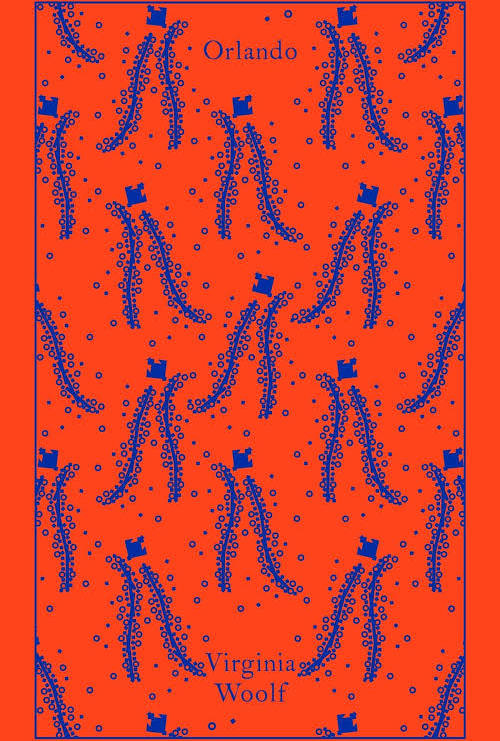In the realm of literary introspection, few writers have delved as deeply into the nuanced landscape of solitude as Virginia Woolf. Through her profound understanding of the human condition, Woolf presents loneliness not as a mere affliction, but as a complex emotional terrain that reveals hidden depths within the human psyche. Drawing from her own experiences and perceptions, Woolf's works illuminate the intricate interplay between solitude and creativity, capturing the paradoxical beauty and anguish of isolation. This essay seeks to explore the manifestation of loneliness in Woolf's writing, examining how it shapes her characters, influences their relationships, and ultimately serves as a catalyst for profound self-reflection.
The Labyrinth of Interiority
Virginia Woolf's characters inhabit an inner world, a labyrinth of interiority that echoes their profound solitude. In "Mrs. Dalloway," Clarissa's existence revolves around her thoughts, her unspoken desires, and her vivid memories. Her internal monologue reflects the complex layers of loneliness, where the self is both a refuge and a prison. Woolf's meticulous prose unearths the depths of human consciousness, allowing readers to traverse the intricate maze of solitude alongside her characters.
Loneliness and Empathy
Loneliness in Woolf's works is not an isolated experience; rather, it serves as a bridge connecting individuals through shared vulnerabilities. In "To the Lighthouse," Mrs. Ramsay's contemplative nature emerges as a result of her deep isolation. Her longing for connection allows her to empathize with others, forming fragile connections that briefly alleviate the pangs of loneliness. Woolf reveals that loneliness can be a catalyst for compassion, emphasizing the universal nature of human solitude.
The Duality of Loneliness and Creativity
Woolf's exploration of loneliness extends beyond personal anguish to the realm of artistic creation. In "A Room of One's Own," she posits that solitude is a prerequisite for artistic genius, providing the necessary space for introspection and contemplation. Woolf's own experience as a writer further reinforces this notion, as she sought solitude as a means to access the depths of her imagination. Through her characters, Woolf demonstrates that loneliness can birth creativity, giving rise to profound works of literature that resonate across generations.
Loneliness and the Marginalized
Woolf's engagement with loneliness extends to those on the fringes of society. In "Orlando," the eponymous protagonist experiences profound isolation as he navigates shifting gender identities and historical epochs. Woolf's exploration of loneliness within marginalized communities highlights the universal nature of the human condition, transcending gender, race, and time. She invites readers to consider the ways in which loneliness intersects with other aspects of identity and shapes the experiences of those at the margins of society.
Virginia Woolf's literary landscape is one where loneliness is not regarded as a weakness or a flaw, but rather as an intricate facet of the human experience. Through her exploration of solitude, she reveals the profound impact it has on individuals, relationships, and the creative process. Woolf's works expose the paradoxical nature of loneliness, simultaneously a source of pain and liberation, a catalyst for introspection and empathy. In her nuanced portrayal of loneliness, she reminds us that it is an essential element of our shared humanity, a lens through which we can better understand ourselves and the world around us.
Thank you for reading and for all your support. Here a few Substacks I’ve been adoring of late.








What a beautiful essay. Thank you :)
A very sad topic to me, given her despairing end. Have you read at all about her relationship with the novelist Elizabeth Mansfield. Complex situation. Cheers. Simon Lavery of Trednyas Days reader's blog wrote well about it. Will try to get back after work!